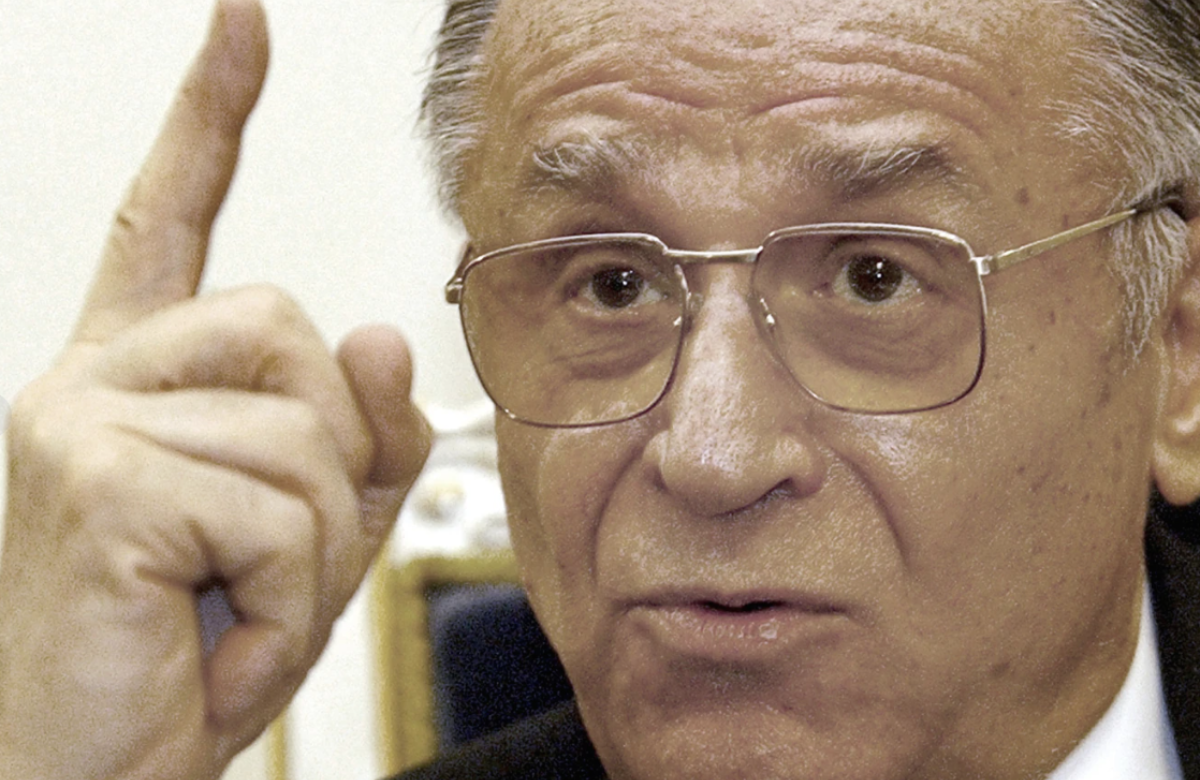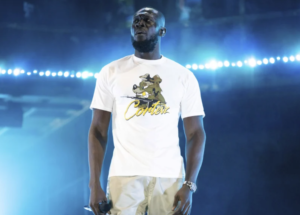Ion Iliescu, Romania’s first democratically elected president after the 1989 fall of communism, has died at the age of 95. A central figure in Romania’s post-communist transformation, Iliescu faced controversy later in life, including charges of crimes against humanity for his role in the violent events surrounding the revolution.
Iliescu came to power following the overthrow and execution of Communist dictator Nicolae Ceausescu and his wife, Elena, on December 25, 1989. He held de facto control during the anti-communist revolt, which resulted in over 1,100 deaths — with 862 occurring after he had assumed leadership. Despite the accusations, Iliescu consistently denied any wrongdoing.
He was re-elected twice, in 1992 and again in 2000, before gradually retreating from public life by 2017. His health deteriorated over the years; he underwent heart surgery in 2019 and was diagnosed with lung cancer in June. The hospital in Bucharest where he had been treated since June 9 confirmed that he passed away at 3:55 p.m. local time on Tuesday, despite all medical efforts.
Romania’s government confirmed his death and offered condolences to his family, stating that plans for a state funeral would soon be announced.
The Social Democratic Party (PSD), which Iliescu founded, called it “a very sad day for Romania.” In an official statement, the party praised him as “a prominent figure of the Romanian Revolution and contemporary history,” adding that he had the courage to oppose dictatorship and steer Romania toward the Euro-Atlantic path. “He was a strong leader, loved by many and criticized by others — as happens in a democracy,” the statement said.
In 2018, Iliescu was charged with crimes against humanity for failing to prevent fatal incidents during the revolution. Authorities accused him of broadcasting misinformation through state media, inciting mass panic and chaos. The charges related to the five-day period after Ceausescu fled Bucharest, during which Iliescu had already taken power. Despite the case remaining open, he was never convicted before his death.
In a separate case launched in January this year, Iliescu faced additional charges of crimes against humanity. Prosecutors alleged that he ordered a violent suppression of protesters in Bucharest in 1990, after summoning miners from the Jiu Valley to help “restore order.” At least four people were killed in the clashes, which were part of a wider demand by protesters to remove former communists from positions of power.
Though Iliescu maintained strong ties with the Soviet Union until its collapse, Romania eventually joined NATO in 2004 during his final presidential term. After stepping down, he continued to serve as a lawmaker with the PSD, the dominant political force in Romania since the fall of communism.
Dominic Fritz, president of the Save Romania Union, said on social media that Iliescu’s death “is painful not because of his departure, but because it leaves us with many open wounds.” He emphasized that many citizens still await justice, adding, “Ion Iliescu took with him answers to questions that still plague society.”
Political analyst Cristian Andrei described Iliescu as one of the most influential figures in Romania’s modern history. While he played a key role in building new democratic institutions and shaping the post-communist constitution, he also became a polarizing symbol of lingering authoritarian influence. “His legacy stretches from overthrowing Ceausescu to being seen by many as a continuation of the old communist power structures,” Andrei noted.
Following the recent election of President Nicușor Dan in May, Iliescu congratulated the new leader in a blog post, urging a strong commitment to democratic values and Romania’s European future. “Romania is facing a complex time and needs coherence, dialogue, and dedication to strengthening democratic institutions,” he wrote.
President Dan responded to Iliescu’s death by calling him “the central figure of Romania’s 1990s transition,” and added, “History will judge Ion Iliescu. It’s our responsibility to resolve the key issues of that era so we can move forward with transparency and accountability.”
Also Read:
Lebanese Composer Ziad Rahbani, Son of Legendary Singer Fayrouz, Passes Away at 69
‘Papa Jake’ Larson, D-Day Veteran and TikTok Sensation, Passes Away at 102













